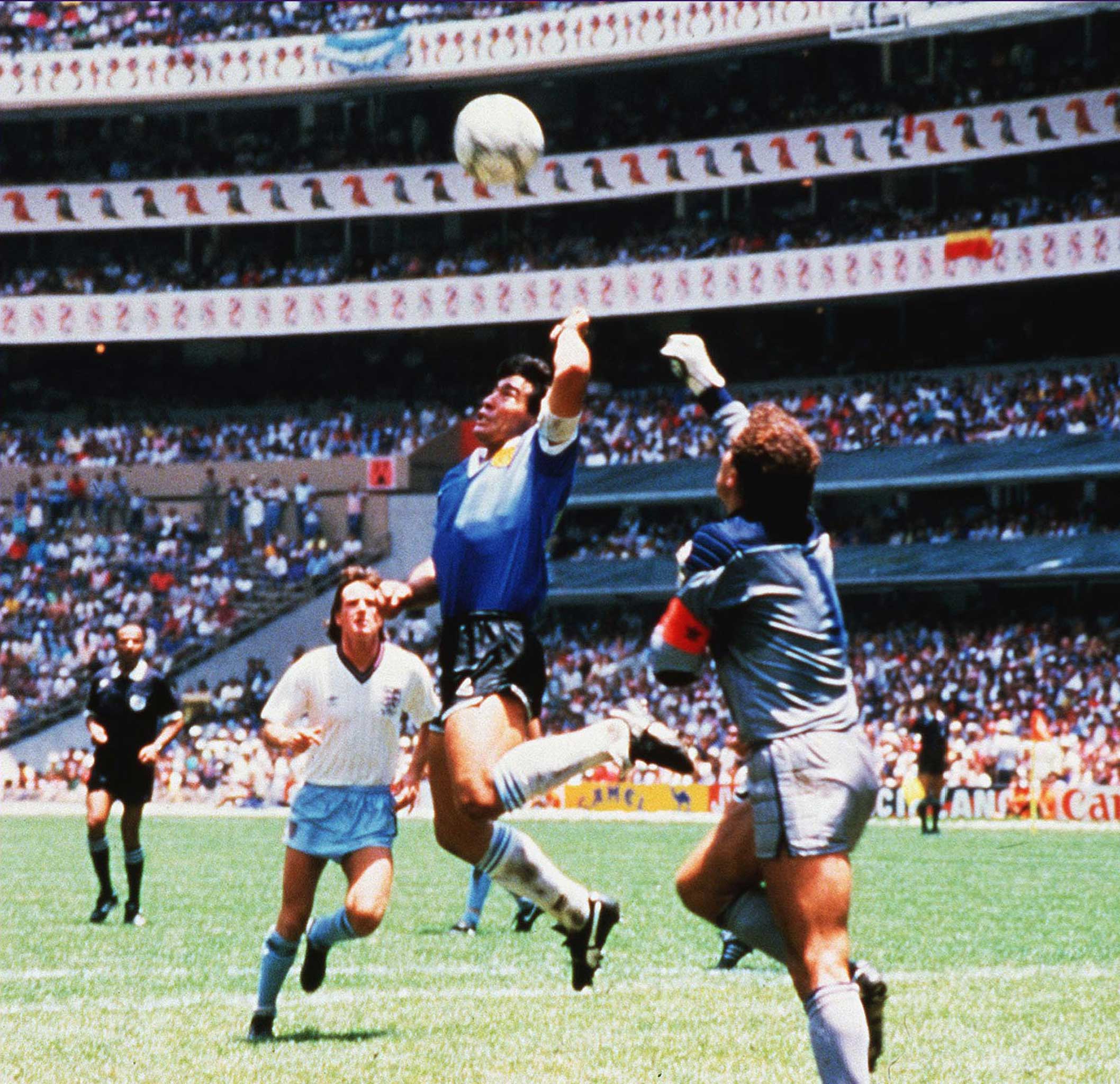¡Golazo! by Andreas Campomar, book review: A deft history of the beautiful game, and the passions it rouses in Latin America
A deft history of the beautiful game, and the passions it rouses in Latin America

It would be a foolish historian who attempted to chronicle Latin American history since the turn of the last century without having a good look at football. When England take on Uruguay in the World Cup next month in Brazil, some of us will theorise about the match's significance for our country and its national sport. It will mean far more to the Uruguayans.
At the beginning of ¡Golazo! A History of Latin American Football, Andreas Campomar quotes the great Uruguayan novelist, thinker and football fan, Eduardo Galeano: "Every time the national team plays, no matter against whom, the country holds its breath. Politicians, singers and street vendors shut their mouths, lovers suspend their caresses." Football is bound up with the Latin American psyche in ways that make even the most fanatical European seem like a relative dilettante.
Campomar – great grand-nephew of the man who made sure that the first World Cup was played in Uruguay – begins his story in the 15th-century Ulamaliztli courts in which rubber balls were propelled with apparently astonishing skill by Aztec knees and buttocks alone, in what often amounted to war by proxy. Irish and Scottish immigrants introduced modern football, as sport followed commerce, although cricket made it first – he recounts the rather splendid episode of the English cricketers who negotiated safe passage through a siege of Buenos Aires in 1859 in order to fulfil a fixture.
He goes on to give a compelling account of how football became a force in Latin America with an impact far beyond the pitch, helping forge national identity and fuelling regional rivalries (no two countries have played each other more times than Uruguay and Argentina). Brazil's defeat to Uruguay in the deciding match of the 1950 World Cup was a profound trauma the examination of which became a national obsession: "It is a Waterloo of the Tropics and its history our Götterdämmerung", wrote Paulo Perdigao in his book Anatomy of a Defeat.
Latin American football's history is shot through with the quality of "la viveza criolla", native cunning, victory by any means necessary – and if a little sleight of hand, a bit of ducking and diving, is involved, so much the better. After Diego Maradona had scored his famous "Hand of God" goal in 1986 he spoke of the satisfaction of having picked the pocket of England, the Malvinas marauders.
Campomar is good on the ways in which football winds through Latin American society, past and present, like a snake through the undergrowth: how the 1978 World Cup was the ultimate distraction from the grotesque cruelty of the Videla regime; how most of Colombia's leading clubs played the prison team led by the world's biggest drug lord, Pablo Escobar. How his unrelated namesake Andres Escobar died for scoring an own goal in the 1994 World Cup: he was shot six times, each shot resounding to the shout of "Autogol!"
Sometimes the violence can take a rather more singular turn: after Uruguay had been thrashed 6-1 by Denmark in the 1982 World Cup their coach, Omar Borras, had his library trashed by intruders. "In a highly literate country this was a very Uruguayan crime," writes Campomar. "They knew how to hurt me," Borras reflected.
It's a huge story, difficult to contain in one book, but Campomar has done a deft job of marshalling the mass of detail. "'The beautiful game'," he writes, "has achieved what a succession of third-rate dictators and craven presidents have never been able to do: to instil the continent with a sense of self-belief and historical narrative of which it can be proud, and thereby cast off those heavy shackles of colonialism."
Subscribe to Independent Premium to bookmark this article
Want to bookmark your favourite articles and stories to read or reference later? Start your Independent Premium subscription today.

Join our commenting forum
Join thought-provoking conversations, follow other Independent readers and see their replies